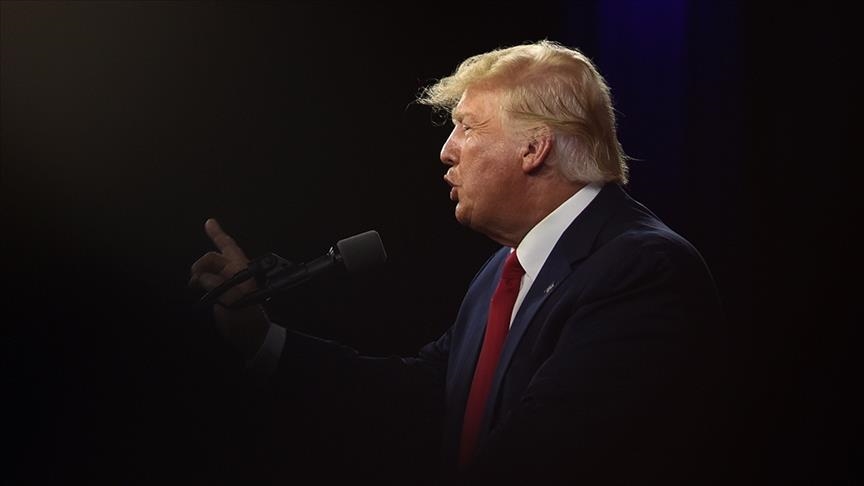President-elect Donald Trump plans to impose significant tariffs on imports from Mexico, Canada, and China starting January 20, targeting illegal immigration and drug trafficking. The move could dramatically affect trade, supply chains, and consumer prices.
Proposed Tariffs:
- Mexico and Canada:
- A 25% tariff on all imports, aimed at addressing drug trafficking and illegal immigration.
- Trump says the tariffs will remain until these issues are resolved.
- China:
- A 10% hike on existing tariffs, targeting drug inflows, particularly fentanyl precursors.
- Trump criticized China for failing to act on promises to curb drug trafficking.
Economic Impact:
- Tariffs could add $272 billion annually to tax burdens, raise goods prices, and potentially dampen consumer spending amid inflation concerns.
- Key imports at risk include:
- Canada: Oil, cars, machinery, plastics, and wood.
- Mexico: Cars, electronics, machinery, furniture, and alcohol.
- China: Electronics, machinery, toys, furniture, and plastics.
- Market Reactions:
- Initial market jitters saw:
- The Canadian dollar fell 1.2% and the Mexican peso dropped 2%, though both partially recovered.
- U.S. stock futures dipped, with Dow futures down 130 points.
- Initial market jitters saw:
Global Reactions:
- Mexico’s Response:
- President Claudia Sheinbaum warned tariffs would harm shared industries and escalate tensions.
- Canada’s Response:
- Prime Minister Justin Trudeau emphasized constructive dialogue and economic cooperation during a call with Trump.
- China’s Response:
- Chinese officials denied facilitating drug trafficking and warned that a trade war benefits no one.
Policy Context:
- Trump’s tariffs during his first term affected $380 billion worth of goods, targeting steel, aluminum, and thousands of Chinese-made products.
- The proposed tariffs conflict with the USMCA trade agreement, raising legal questions about implementation.
- Economists estimate the tariffs could cost American households $2,600 annually due to increased prices on imported goods.
Criticism and Risks:
- Economists argue tariffs are inflationary and could lead to retaliatory trade wars, making U.S. goods less competitive overseas.
- Critics warn that broad tariffs risk supply chain disruptions and economic stagnation.
Trump’s Justification:
- Trump argues tariffs will:
- Boost domestic manufacturing.
- Generate revenue to offset proposed tax cuts.
- Pressure foreign countries to address immigration and drug issues.
Trump’s sweeping tariff plan signals a return to aggressive trade policies. While aimed at addressing immigration and drug trafficking, the economic ripple effects could strain U.S. businesses and consumers, sparking trade tensions with key allies and competitors alike.










